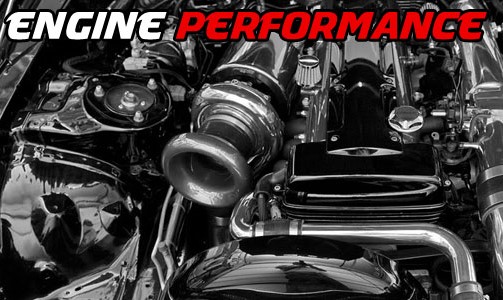 High School Students will learn fundamental engine performance theory, operation and diagnosis. This will include engine diagnostics, induction service, scan tool diagnostics, fuel quality analysis and emission control testing.
High School Students will learn fundamental engine performance theory, operation and diagnosis. This will include engine diagnostics, induction service, scan tool diagnostics, fuel quality analysis and emission control testing.
Adult Students will cover the engine system components and the valve train components. Also in this course the student will learn to perform basic engine tune-up operations, such as checking and changing spark plugs, checking emission system, checking and cleaning PVC valve as well as checking and setting ignition timing. The student will learn about the fuel system components, checking and changing the fuel and air filters, checking and setting idle speed and mechanical and electric fuel pumps.
The student will learn to perform diagnostic techniques and determine necessary action from cylinder leakage tests, compression test and power balance tests. In this course the student will learn to retrieve, record, diagnose and clear diagnostic codes from OBD I and II electronic systems. In ignition systems diagnosis and repair the student will learn about no-start, drivability and emission concerns on vehicles with electronic ignitions (distributorless) and distributor ignition systems. The student will learn to test, inspect and determine repair, primary circuit wiring, distributor performance, ignition coils, pick-up sensors and triggering devices and ignition control modules. In this course the student will test fuel pressure regulation systems, service the throttle body, inspect the exhaust system and perform necessary action as well as test the electrical components of the fuel system. In the emission system this course covers positive crankcase ventilation (PCV) system, the exhaust gas recirculation (EGR) system, intake air temperature control system as well as the evaporative emissions control system.The student will learn to perform diagnosis using gas analyzer, oscilloscope and engine diagnostic equipment. The student will learn to diagnose the cause of emissions or drivability resulting from failure of computerized engine controls, power control module (PCM) and interrelated systems. This course also covers diagnostic and repair action for hot and cold no-start situations, engine misfire, stalling, poor mileage, flooding and hesitation on vehicles with injection type fuel systems. The student will learn to inspect, test and clean fuel injectors as well as test the operation of turbochargers and superchargers and determine necessary action. The student will cover drivability problems resulting from exhaust gas recirculation (EGR) failure, secondary air injection and catalytic converter systems as well as failure of the intake air temperature control system, and the failure of the evaporative control system. Student will learn to check for module communication errors using a scan tool on CAN/BUS systems.
- Teacher: John Day
- Teacher: Lonnie Prewitt

